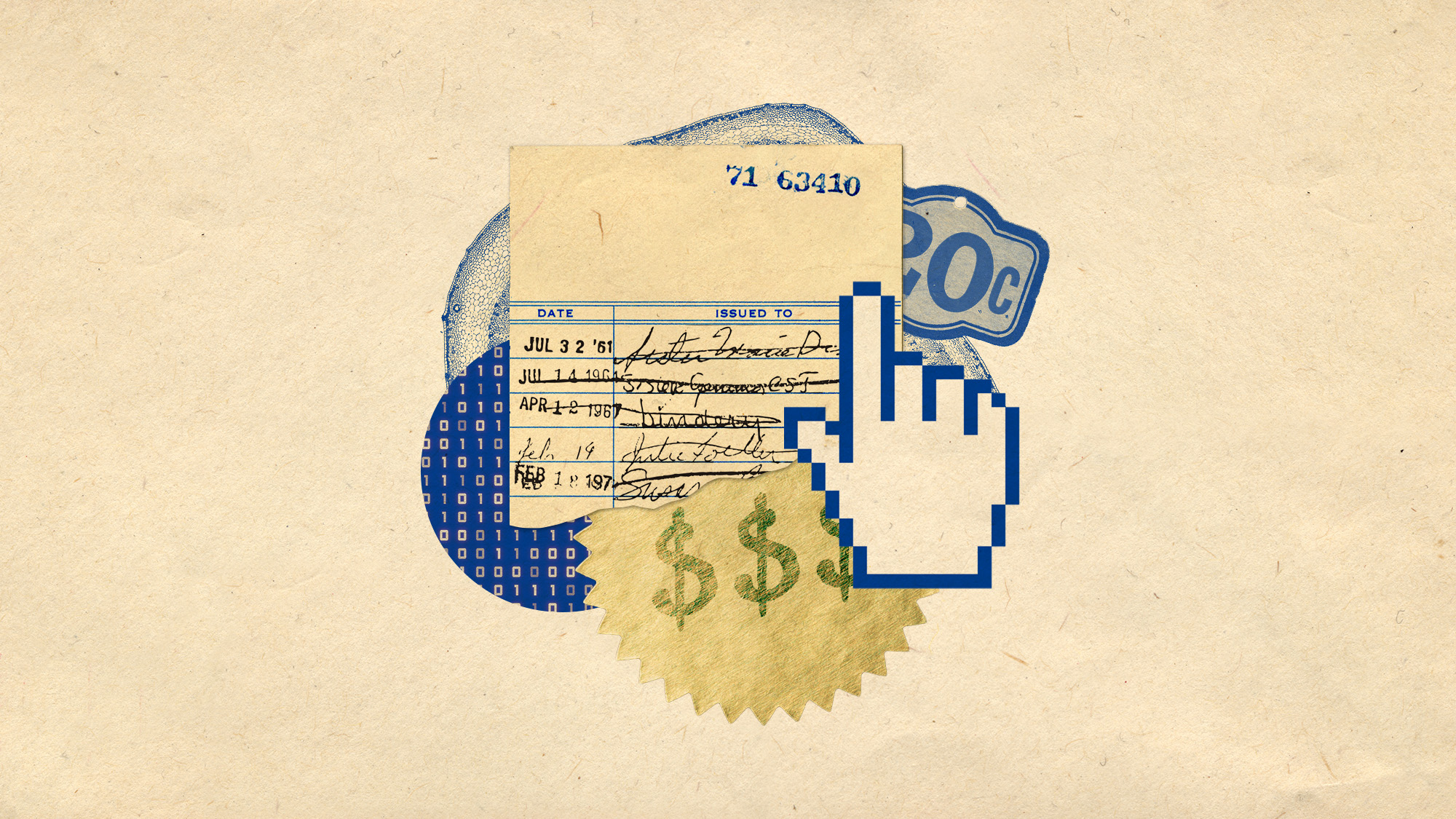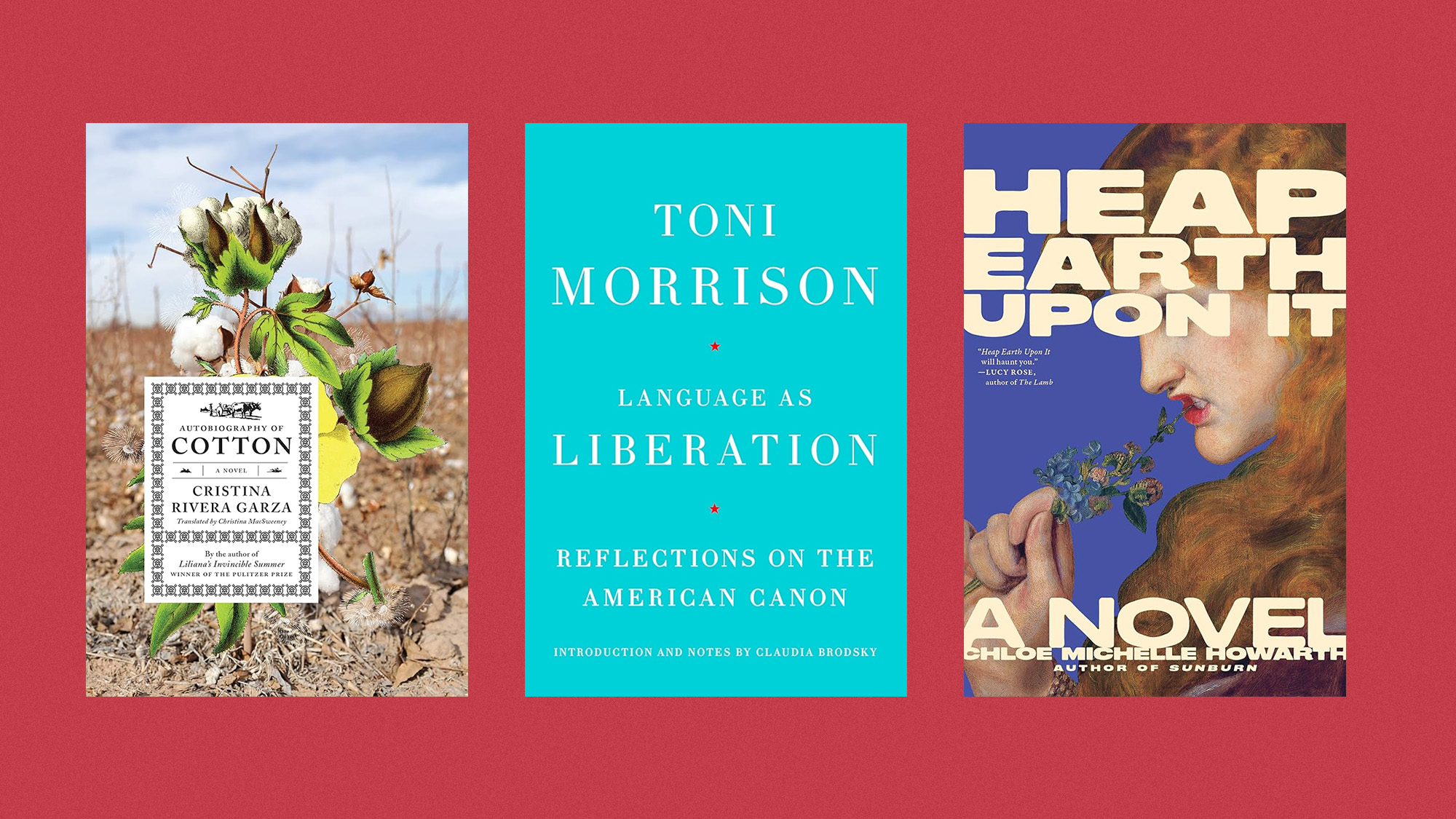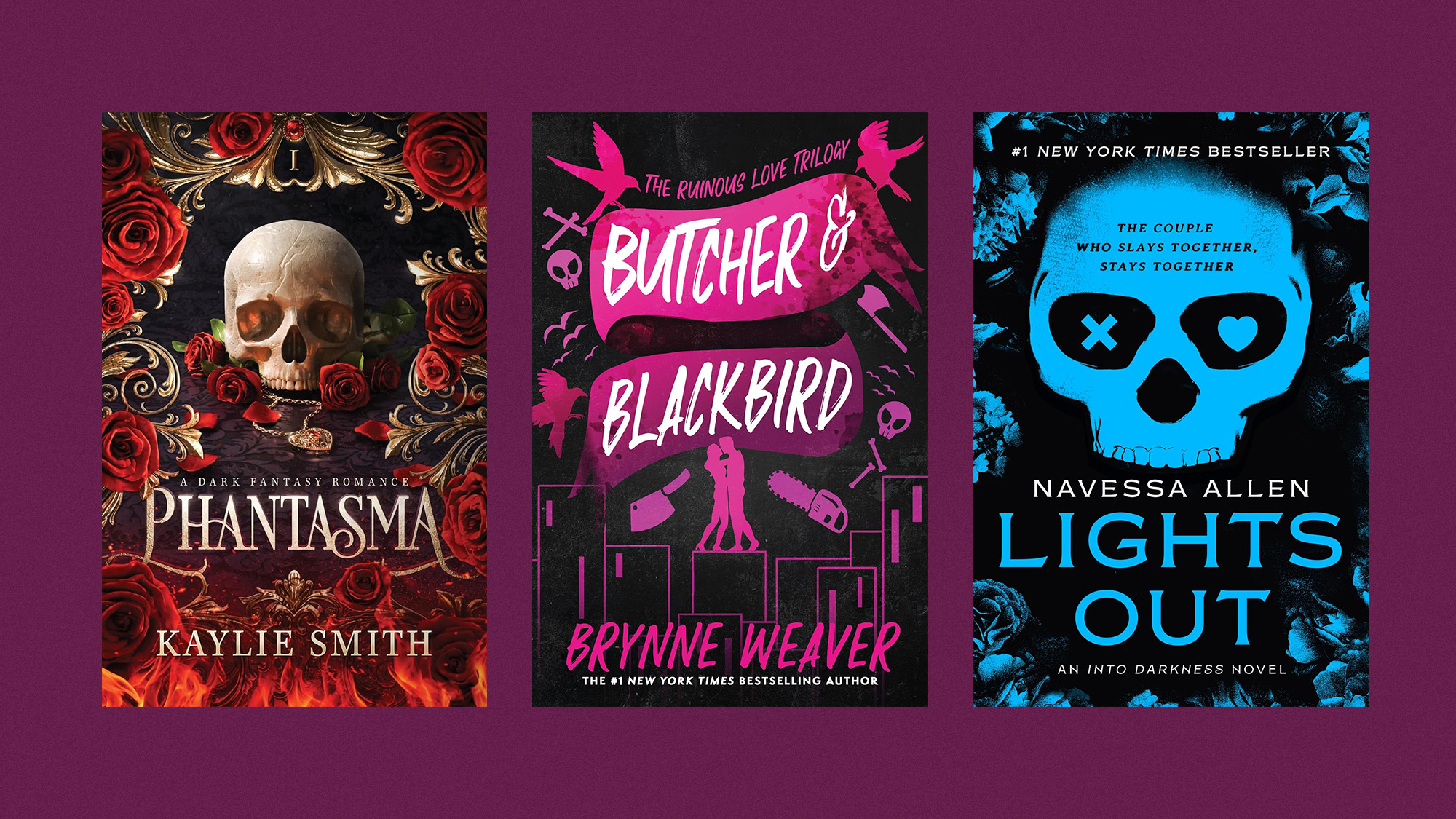Libraries are feeling the cost burden of e-book popularity
Certain states are working to change laws around e-book purchasing for libraries


A free daily email with the biggest news stories of the day – and the best features from TheWeek.com
You are now subscribed
Your newsletter sign-up was successful
The increasing ubiquity of e-books might be a good thing for avid readers, but walk into a library and you will hear a different story. Many libraries across the United States are locked in a battle over e-books, which generally cost much more to purchase than printed books. This expense can weigh heavily on libraries, thanks to the high level of demand for e-books. Now, some of these institutions are fighting back against the higher costs.
Why do e-books cost libraries more?
It is largely due to licensing agreements with e-book publishers. These publishers "typically require libraries to renew the license to each e-book every two years, or after 26 loans — policies that libraries call prohibitively expensive," said Axios. This frequently "restricts the number of e-books — particularly popular bestsellers," due to the higher prices charged.
When libraries "buy print copies, we get substantial discounts," Sarah McCusker, the head of the Connecticut Library Association, said to Marketplace, noting that the average hardcover book costs about $15. In comparison, the e-book version "might be $100, $120 and we only have that for two years." When the two-year license expires and libraries must "purchase it again, we're paying the same inflated price that we paid initially."
The Week
Escape your echo chamber. Get the facts behind the news, plus analysis from multiple perspectives.

Sign up for The Week's Free Newsletters
From our morning news briefing to a weekly Good News Newsletter, get the best of The Week delivered directly to your inbox.
From our morning news briefing to a weekly Good News Newsletter, get the best of The Week delivered directly to your inbox.
Publishers say that they are not raising these prices out of malice, but rather out of necessity. The Association of American Publishers "argues that it must protect the rights of copyright owners — that is, authors — to be fairly compensated for their work," said Axios.
What are libraries doing about this?
Some are urging Congress to get involved. Libraries in several states "have been pushing for legislation to rein in the costs and restrictions on electronic material," said The Associated Press. Lawmakers in Massachusetts, Illinois, Hawaii and New Hampshire have "proposed bills aimed at closing the affordability gap." A similar bill proposed in Virginia wound up being tabled.
Maryland has particularly pushed for e-book reforms and made headway in 2021 when it "passed a law that would have required publishers to make e-books available on 'reasonable terms' to libraries if they were being offered to the general public," said the AP. But that law was later struck down by a judge, and Maryland has now rejoined the other states in the legal fight.
Connecticut has had the most success, passing a law "aimed at reining in the cost of library e-books," said The New York Times. This law makes it so that libraries cannot "enter into licensing agreements that are simultaneously time-limited and cap the number of checkouts permitted," which library advocates hope will "force publishers to the bargaining table."
A free daily email with the biggest news stories of the day – and the best features from TheWeek.com
Librarians have expressed enthusiasm that this could also help cut down on long wait times for e-book rentals. Every year, "libraries spend more and more of their budget feeding the beast that is e-books to meet their patrons' demands, and yet we still have wait lists of over six months long to get that book that you want," Ellen Paul, the executive director of the Connecticut Library Consortium, said to the Times.
But some people are worried that authors could suffer from lost wages as a result. Libraries "do have a funding problem, but the answer is not to take it out of the pockets of authors and destroy the rights of creators," Shelley Husband, the senior vice president of government affairs at the Association of American Publishers, said to the AP.
Justin Klawans has worked as a staff writer at The Week since 2022. He began his career covering local news before joining Newsweek as a breaking news reporter, where he wrote about politics, national and global affairs, business, crime, sports, film, television and other news. Justin has also freelanced for outlets including Collider and United Press International.
-
 El Paso airspace closure tied to FAA-Pentagon standoff
El Paso airspace closure tied to FAA-Pentagon standoffSpeed Read The closure in the Texas border city stemmed from disagreements between the Federal Aviation Administration and Pentagon officials over drone-related tests
-
 Political cartoons for February 12
Political cartoons for February 12Cartoons Thursday's political cartoons include a Pam Bondi performance, Ghislaine Maxwell on tour, and ICE detention facilities
-
 Arcadia: Tom Stoppard’s ‘masterpiece’ makes a ‘triumphant’ return
Arcadia: Tom Stoppard’s ‘masterpiece’ makes a ‘triumphant’ returnThe Week Recommends Carrie Cracknell’s revival at the Old Vic ‘grips like a thriller’
-
 Book reviews: ‘Hated by All the Right People: Tucker Carlson and the Unraveling of the Conservative Mind’ and ‘Football’
Book reviews: ‘Hated by All the Right People: Tucker Carlson and the Unraveling of the Conservative Mind’ and ‘Football’Feature A right-wing pundit’s transformations and a closer look at one of America’s favorite sports
-
 February’s books feature new Toni Morrison, a sapphic love tale and a criticism of Mexican history
February’s books feature new Toni Morrison, a sapphic love tale and a criticism of Mexican historyThe Week Recommends This month’s new releases include ‘Autobiography of Cotton’ by Cristina Rivera Garza, ‘Language as Liberation’ by Toni Morrison and ‘Heap Earth Upon It’ by Chloe Michelle Howarth
-
 Book reviews: ‘Vigil: A Novel’ and ‘Fear and Fury: The Reagan Eighties, the Bernie Goetz Shootings, and the Rebirth of White Rage’
Book reviews: ‘Vigil: A Novel’ and ‘Fear and Fury: The Reagan Eighties, the Bernie Goetz Shootings, and the Rebirth of White Rage’Feature Taking on the space between life and death and a look back at a 1984 shooting that shocked New York City
-
 The best fan fiction that went mainstream
The best fan fiction that went mainstreamThe Week Recommends Fan fiction websites are a treasure trove of future darlings of publishing
-
 Book reviews: ‘The Mattering Instinct: How Our Deepest Longing Drives and Divides Us’ and ‘Family of Spies: A World War II Story of Nazi Espionage, Betrayal, and the Secret History Behind Pearl Harbor’
Book reviews: ‘The Mattering Instinct: How Our Deepest Longing Drives and Divides Us’ and ‘Family of Spies: A World War II Story of Nazi Espionage, Betrayal, and the Secret History Behind Pearl Harbor’Feature The pursuit of ‘mattering’ and a historic, devastating family secret
-
 The best dark romance books to gingerly embrace right now
The best dark romance books to gingerly embrace right nowThe Week Recommends Steamy romances with a dark twist are gaining popularity with readers
-
 Book reviews: ‘American Reich: A Murder in Orange County; Neo-Nazis; and a New Age of Hate’ and ‘Winter: The Story of a Season’
Book reviews: ‘American Reich: A Murder in Orange County; Neo-Nazis; and a New Age of Hate’ and ‘Winter: The Story of a Season’Feature A look at a neo-Nazi murder in California and how winter shaped a Scottish writer
-
 Is a social media ban for teens the answer?
Is a social media ban for teens the answer?Talking Point Australia is leading the charge in banning social media for people under 16 — but there is lingering doubt as to the efficacy of such laws
